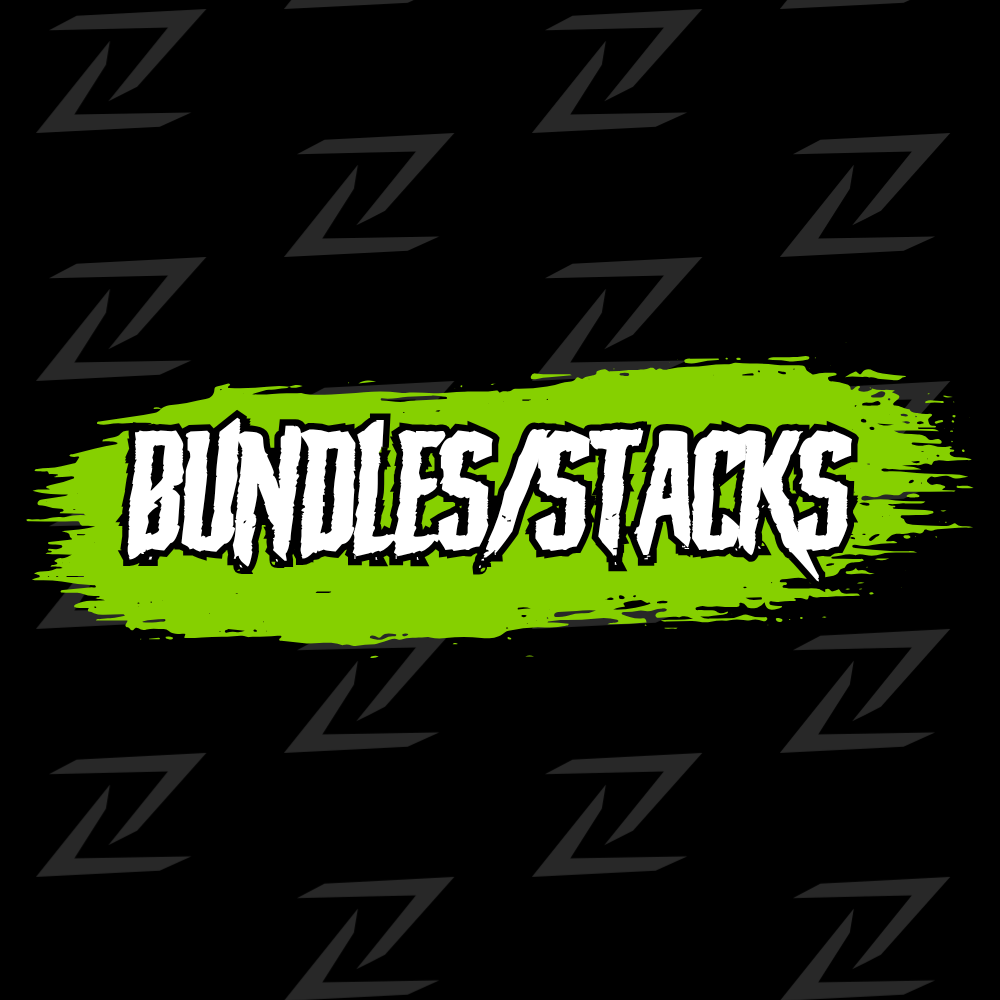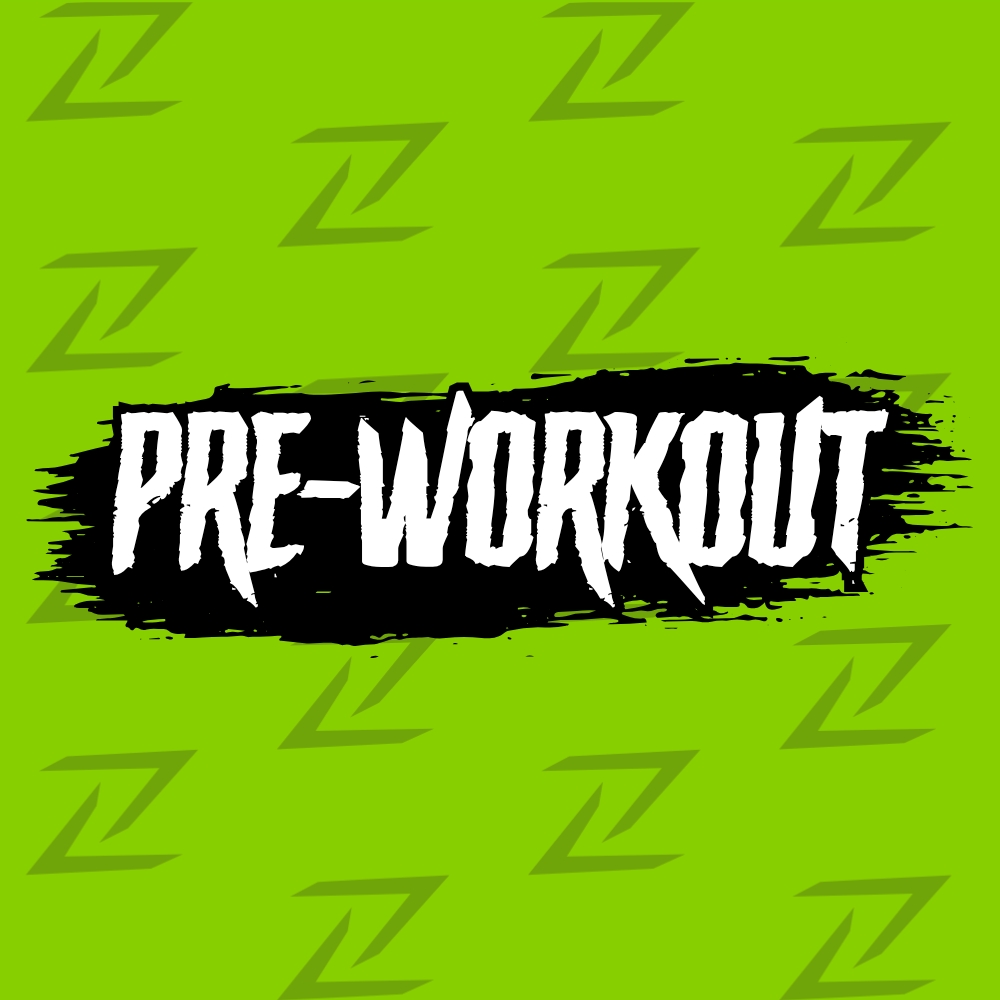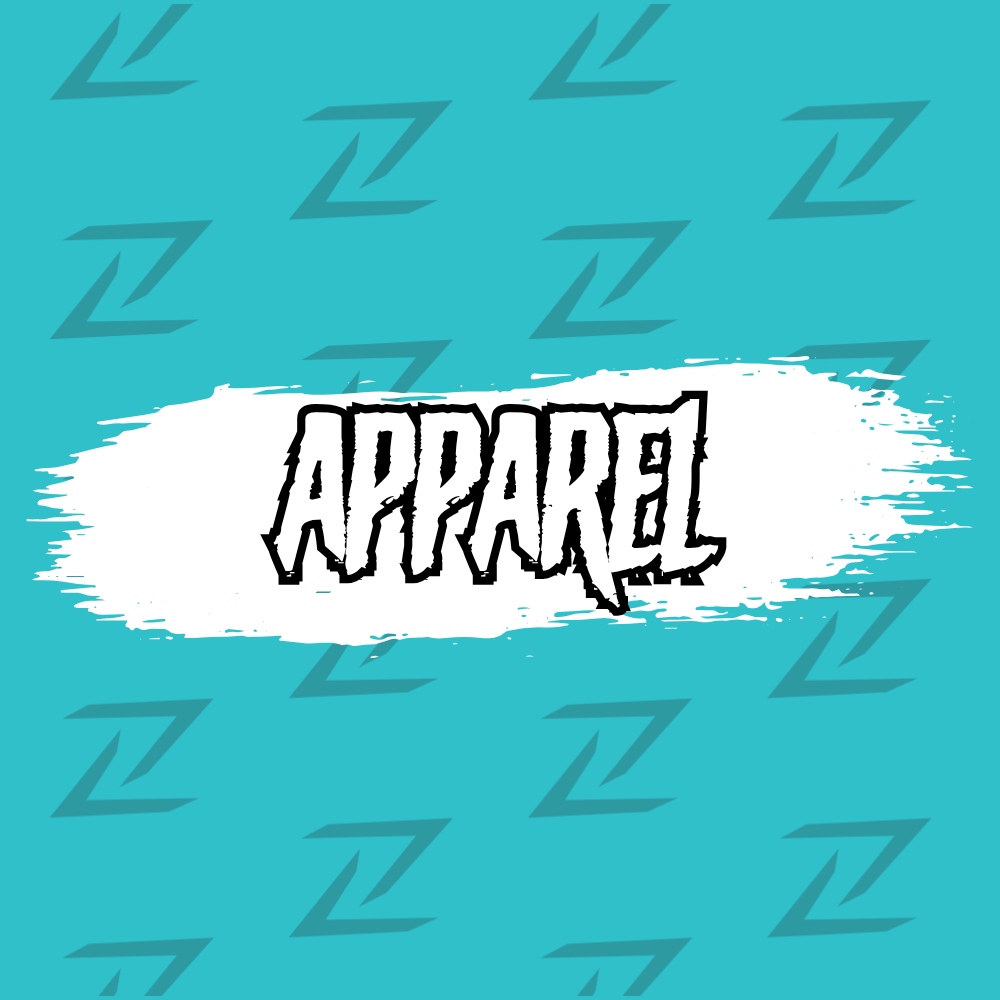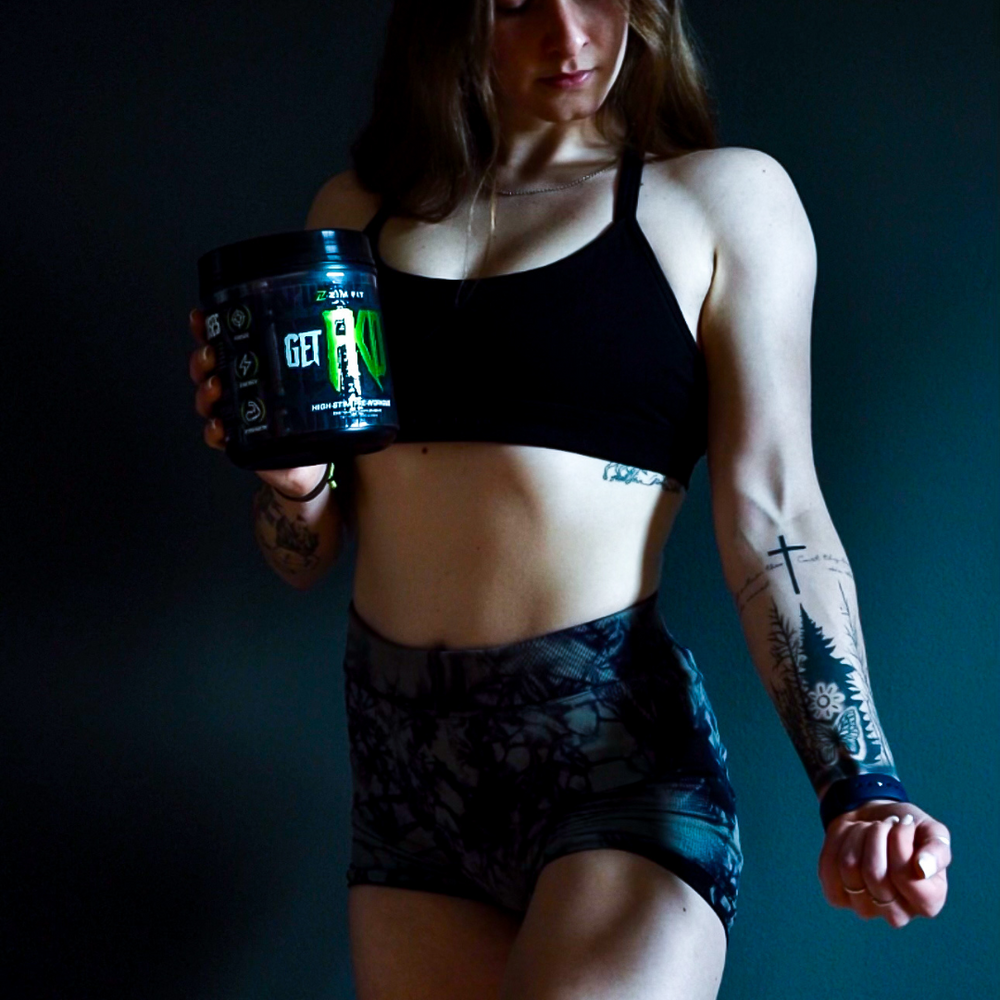How Much Protein Do You Need for Muscle Growth? | The ZIM FIT Guide
At ZIM FIT, we believe in fueling your journey with quality nutrition, unshakeable discipline, and no-excuse action. One cornerstone of building muscle that too many overlook is protein. You can train hard, lift heavy, push limits, but without enough protein, your body can’t repair, rebuild, or grow those muscles. So let’s break down why protein matters, how to calculate your personal protein target, and which sources deliver the best fuel.

Why Protein Is Essential For Muscle Growth
When you lift weights or do resistance training, you create small micro-tears in your muscle fibers. To repair those tears, your body needs amino acids, the building blocks of protein. Without enough protein:
-
Recovery slows down
-
You risk losing muscle instead of building it
-
Performance stalls
-
You may suffer more soreness or injury
Protein also plays roles beyond just muscle: it helps regulate hormones, supports immune function, preserves lean body mass during fat loss, and can even keep you feeling full. At ZIM FIT, we push for excellence—fueling recovery and growth is part of that.
How Much Protein Do You Really Need?
There’s no one-size-fits-all number. The ideal depends on your body size, training intensity, goals, and sometimes age. Below is a guide to help you calculate a protein target that drives results:
| Purpose | Protein per/LB Body Weight |
| General health, minimal training | ~0.5-0.7 g/lb |
| Moderate training, maintain muscle | ~0.55-0.75 g/lb |
| High-intensity training, muscle gain | ~0.75-1.0 g/lb |
| Cutting while preventing muscle loss | ~0.8-1.0 g/lb |
What Are The Best Protein Sources
Having protein targets is one thing. Getting high-quality sources is what makes those numbers count. Here are excellent options, feel free to do additional research as well.
-
Chicken breast, turkey, lean beef, pork loin
-
Fish & seafood (salmon, tuna, cod)
-
Eggs, egg whites
-
Dairy: Greek yogurt, cottage cheese, whey protein
These deliver all essential amino acids; whey is especially powerful post-workout because of its fast absorption.
Putting It All Together: Action Steps
-
Calculate your daily protein goal using your weight, goals, and training intensity.
-
Plan your meals — include a solid protein source at each eating time. Use shakes wisely (post-workout, for convenience), but don’t let them replace whole foods.
-
Track for a week: see how close you are to your target. Adjust up if you’re not recovering or gaining; adjust down if you’re overshooting and gaining unwanted weight.
-
Prioritize quality: lean, nutrient-dense protein sources. Rotate variety so you get different amino acid profiles and avoid boredom.

Final Word from ZIM FIT
Muscle growth is not just about pushing weight or grinding every rep—it’s about supporting your body with the right fuel. Protein isn’t optional; it’s essential. When paired with smart training, rest, and the determined, relentless mindset that defines our ZIM FIT community, enough high-quality protein will help you recover faster, build stronger, transform better.
No excuses. Your potential is limitless. Make every gram of protein count.
- The ZIM FIT Team







Leave a comment